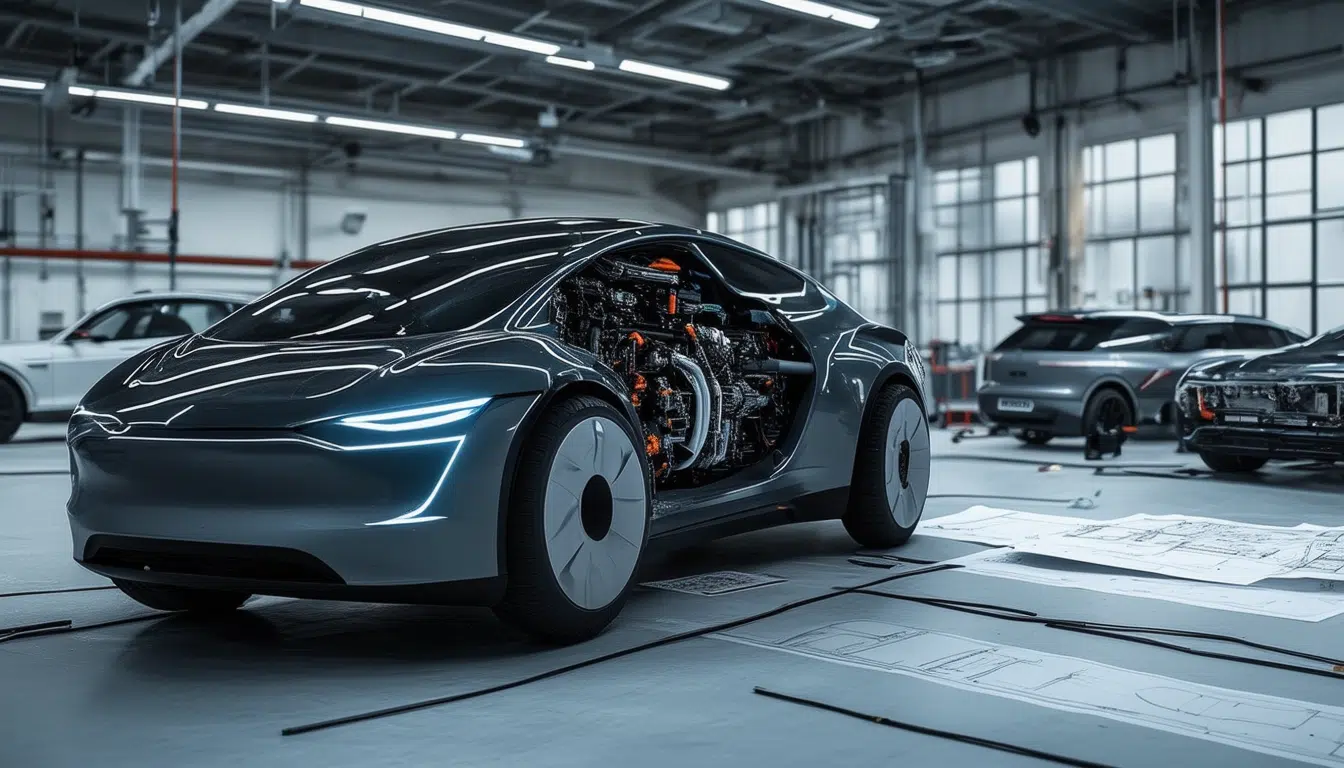The water engine has arrived: 400 HP that challenge electric cars

The water engine: a revolution in progress
The launch of the 400 HP water engine marks a before and after in the automotive industry, directly challenging electric cars. This innovative engine not only promises impressive power but also presents itself as a real and sustainable alternative in a market that is constantly seeking eco-friendly solutions. Below, we will explore in detail how this engine can change the global automotive landscape.
The water engine has exceeded expectations with its impressive 400 horsepower. This advance has captured the attention of manufacturers and consumers alike, thanks to its potential to compete with electric motors. Unlike conventional solutions, this engine runs on water, establishing a new standard of efficiency and environmental responsibility.
The technology behind the water engine
The water engine incorporates an innovative process that involves hydrogen and electrolysis to generate enough energy, achieving unprecedented power. The system converts water into hydrogen, which is then used to generate the driving force. This makes it not only efficient but also environmentally friendly, as it emits zero harmful emissions.
Why the water engine could displace electric vehicles?
One of the greatest advantages of the water engine over electric cars is its ability to operate with almost no environmental impact, while still maintaining the power and performance of a traditional gasoline engine. In addition, it eliminates the need for large batteries that currently plague many electric vehicles, reducing problems associated with their handling and recycling.
A challenge to the supremacy of conventional hydrogen
The water engine not only challenges electric cars; it also puts conventional hydrogen at risk. With a compact and lightweight structure of just 50 kilos, it provides a power that traditional hydrogen has yet to achieve. It thus becomes a real alternative to these fuels, as it promotes superior combustion efficiency.
The rise of new automotive technologies
With the launch of this water engine, the automotive world must reconsider future technological directions. The search for sustainable and powerful solutions is endless, and this advance could be the necessary push to inspire manufacturers to explore beyond the known. The impact of this engine on the industry is monumental, offering a new perspective on how future vehicles should be.
The Future of Sustainable Mobility
The water engine of 400 HP has arrived to challenge the established norms in the automotive industry. With its ability to generate such power, this technological advance promises to shake the supremacy of electric cars that currently dominate the sustainable vehicle market. The revolution that this water engine represents could change the perception of what is possible in terms of clean energy and efficiency.
But how does the water engine stand against electric technology? While electric cars have been praised for their ability to reduce carbon emissions, the water engine takes this concept a step further. By running exclusively on water, it presents a potential solution to one of the greatest challenges of our era: dependence on fossil fuels. This places this innovative engine in a strong position to become a preferred option for those concerned about environmental impact.
However, it is not just about competing with electric vehicles, but about offering a sustainable alternative that can coexist and evolve alongside them. This technological diversification is crucial, allowing different clean energy engines to advance in parallel, contributing to the same global goal: a healthier planet. Moreover, the robustness of the water engine, with its impressive figure of 400 HP, could attract consumers looking for power without compromising their ecological values.
The arrival of the water engine could mark the beginning of a new era for sustainable mobility. With its 0 emissions label, it not only changes the game for current technologies but also paves the way for a future where efficiency and sustainability do not sacrifice power and performance. This innovation is not just a promise; it is a reality that could redefine the automotive landscape for generations to come.


